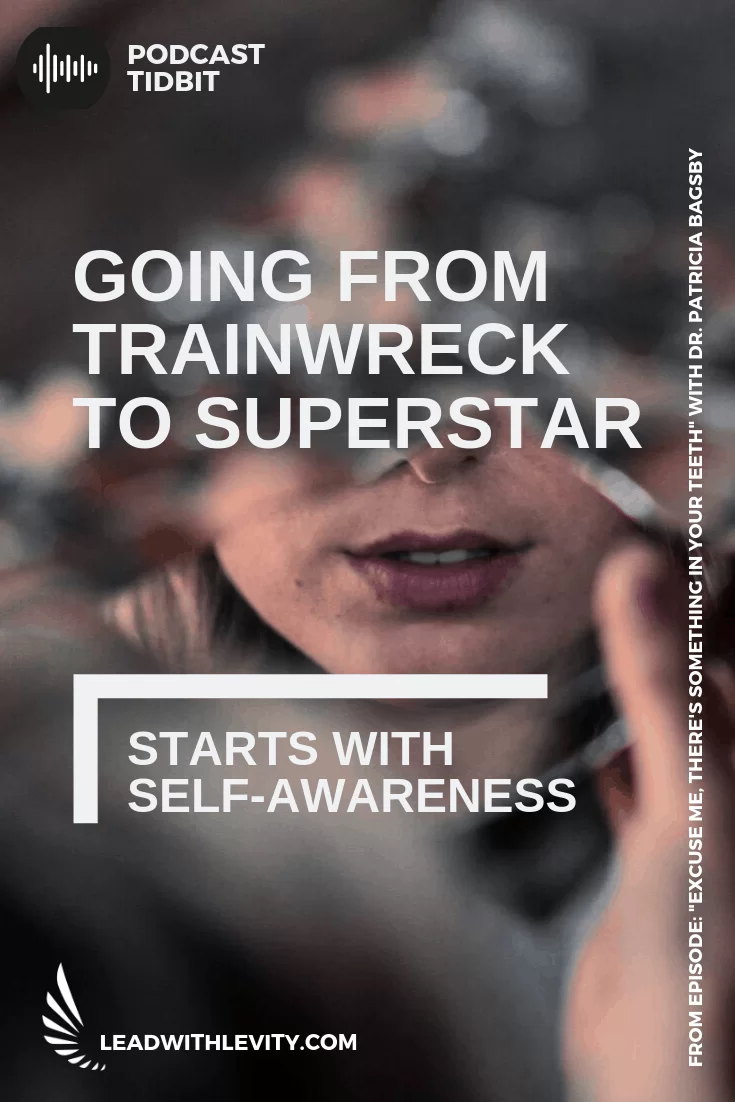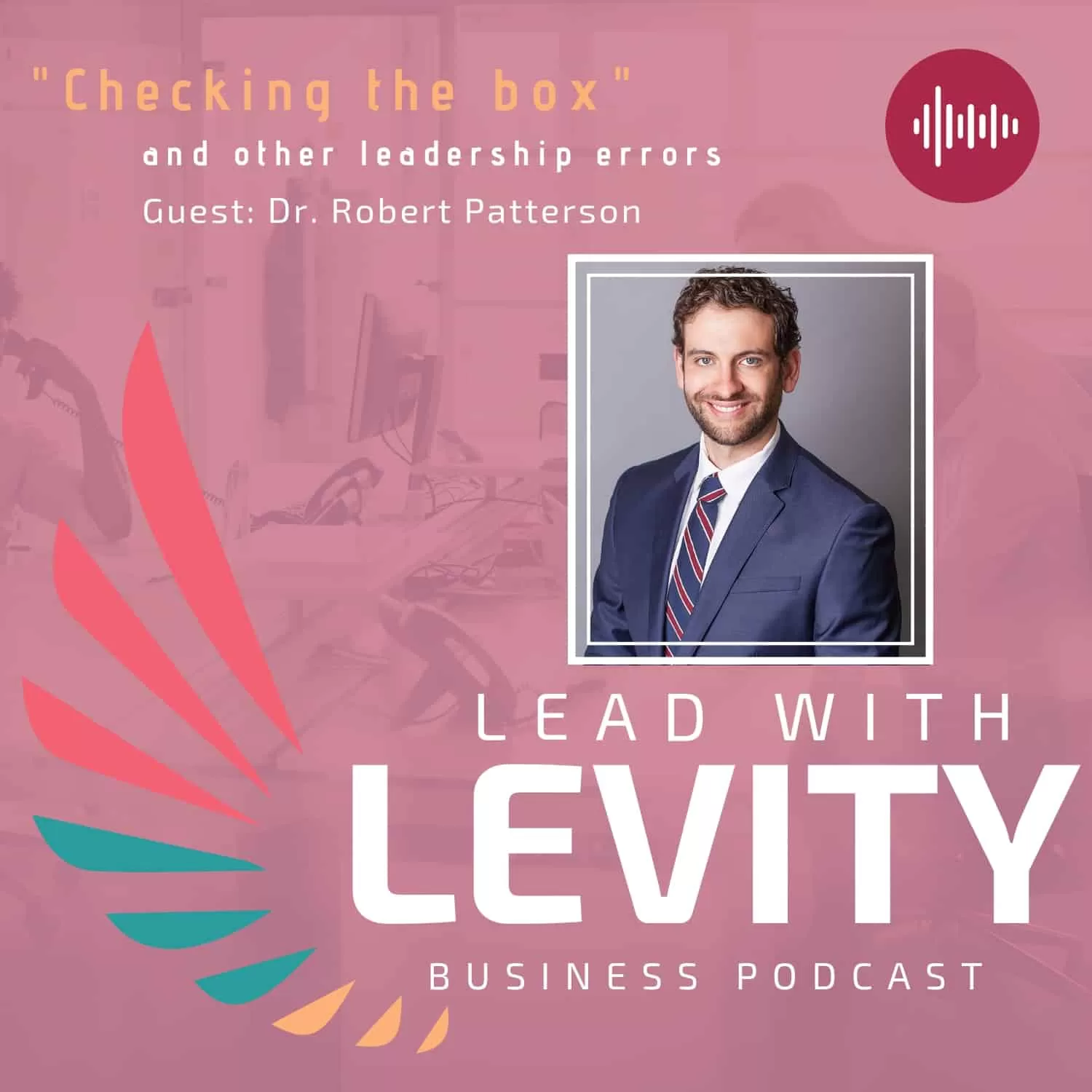Do you ever feel like you are facing an impossible task? Join me today for a conversation with Kimberly Wiefling about ways to stretch your mind and grow your capability so you and your team can turn the impossible into “barely an inconvenience”!
In this episode, we cover:
- Tips to turn individuals into leaders and to turn groups into high performing teams
- Cross pollination technique for innovation
- What is Work Shock therapy?
- Details on Leadership Learning Laboratories
- Core components of leadership… and what’s missing
- Expand your comfort zone for new possibilities
- Why do teams fail?
- Why is vulnerability important as a leader?
- A leader’s responsibility
- Why salary is a distraction
- Why the hierarchy is at the root of the dysfunction within organizations
Why Hierarchy Fails
Hierarchy, while familiar, often creates dysfunction in organizations. Kimberly explains:
- Bottom-Up Frustration: Employees look upward and wonder, “What’s wrong with my managers?”
- Top-Down Criticism: Leaders look downward and ask, “What’s wrong with my people?”
Instead of building silos, Kimberly advocates for networked, interconnected spheres that adapt to the organization’s evolving needs. Leaders should shift roles fluidly—leading in one project, supporting in another, and collaborating as team members in others.
The Alternative: Networked Teams
Ling highlights the importance of structure without rigid hierarchy:
- Holocracy: An extreme example where roles are defined by tasks, not rank.
- Dynamic Structure: Teams reconfigure based on business needs, allowing flexibility and agility.
- Focus on Contribution: Leadership is about acting, thinking, and communicating like a leader—not holding a title.
Building Trust and Psychological Safety
Trust is foundational for teams to thrive. Research shows the number one cause of global team failure is a lack of trusting relationships. Kimberly emphasizes:
- Model Vulnerability: Leaders should admit mistakes and seek help. For example, one executive begins workshops with a “moment of vulnerability,” sharing challenges and inviting feedback.
- Transparency: Leaders must openly share decisions and processes. Trust grows when employees see honesty and consistency.
- Encourage Feedback: Leaders should proactively ask, “How am I contributing to the problems we face?” and be prepared to act on the answers.


Encouraging Psychological Safety
Dr. Walker and Kimberly Wiefling discuss the critical need for psychological safety in teams. Tips include:
- Leaders Must Go First: By admitting weaknesses or struggles, leaders set the tone for open communication.
- Start Small: Share a tough experience or admit to having a bad day.
- Be Honest and Transparent: Employees value clear communication and fairness.
Breaking Free from Salary Obsession
Ling challenges the fixation on salaries:
- Salary is like oxygen—when it’s sufficient, people don’t notice. When it’s insufficient, it becomes a problem.
- Employees discussing pay and promotions are often masking deeper concerns like lack of appreciation or unclear growth opportunities.
Instead, focus on:
- Appreciation: Acknowledge employees’ contributions regularly.
- Development: Offer clear growth paths and support professional development.
Practical Leadership Strategies
Ling’s “Leadership Learning Laboratories” use a hands-on approach to develop leadership and teamwork skills. Key principles include:
- Model the Way: Leaders set the tone through their actions.
- Inspire a Shared Vision: Rally the team around a clear, exciting goal.
- Challenge the Process: Encourage innovation and out-of-the-box thinking.
- Enable Others to Act: Remove obstacles and empower the team.
- Encourage the Heart: Celebrate successes and recognize individual contributions.

Moving Forward Without Hierarchy
Kimberly urges leaders to rethink traditional structures:
- Redefine Success: Move beyond titles and position-based power.
- Foster Collaboration: Build adaptable teams that thrive on mutual support and shared goals.
- Adopt Extreme Ownership: Take responsibility for organizational culture and personal contributions.
About Kimberly Wiefling
Kimberly enables leaders to avoid or fix the most common causes of failure in global teams, problems that damage or destroy companies, along with $Bs in shareholder value. A physicist by education, she has found that many of these are “human” problems that don’t require “rocket science”. All that’s required to achieve significant positive impact in many cases is to make common sense into common PRACTICE.
SPECIALIZING in CROSS-FUNCTIONAL AND CROSS-CULTURAL TEAMS. Kimberly has worked globally with people from over 50 different countries, in every corporate function. Her clients include many well-known global brands in a broad range of industries.
FROM STARTUPS to GLOBAL 1000. Kimberly’s a serial entrepreneur, the founder of Wiefling Consulting, and co-founder of Silicon Valley Alliances. She’s been involved in launching ~ a dozen startups, and was the VP of Program Management & Organizational Effectiveness for one that was acquired by Google in 2001. She invested in and coached the founder of EmbeddedWorks, which bootstrapped to 7 figure annual revenues.
https://wiefling.com/
https://kimberlywiefling.com/
https://siliconvalleyalliances.com/
https://www.amazon.com/Scrappy-Project-Management-Predictable-Avoidable/dp/1600052053/









